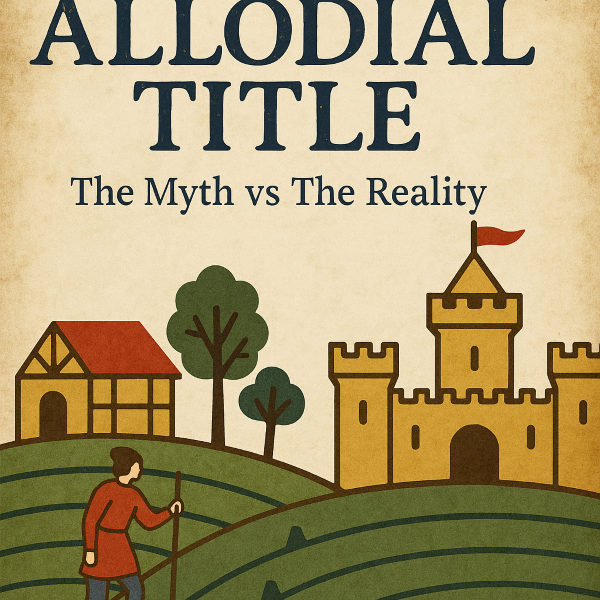Barnett v Bem: When Good Intentions Aren’t Enough
In 2012, the Court of Appeal decided Barnett v Bem & Others [2012] EWCA Civ 52, a case that has become a warning for anyone relying on DIY wills or informal signing arrangements. At its heart was a frail elderly lady, Mary Bem, who wanted her modest estate to pass to her brother Michael.
Sadly, her wishes were never fulfilled, not because she hadn’t expressed them clearly, but because the legal formalities were not properly observed.
The Story
Mary Bem was elderly, physically frail, and unable to hold a pen steadily. When it came time to sign her will, her sister-in-law, Joy, guided her hand across the paper, helping her make a shaky mark. Those present understood what Mary wanted: her brother Michael was to inherit everything. There was no dispute about her intention.
But in law, intention is not enough. The Wills Act 1837 is clear: a will must be signed by the testator, or by another person in the testator’s presence and at their direction. That “direction” is not a casual assumption, it requires evidence that the testator gave a clear instruction for someone else to sign.
After Mary’s death, her will was challenged. The question was whether Joy had simply assisted Mary in signing, or whether she had effectively signed on Mary’s behalf without a proper direction. The evidence wasn’t strong enough to prove the latter. The Court of Appeal accepted that Mary wanted Michael to inherit, but because the signing did not strictly comply with the Wills Act, the will was declared invalid.
The Consequences
This ruling had devastating consequences for Michael. Because the will was invalid, Mary’s estate could not pass under its terms. Instead, it fell into the rules of intestacy, the default legal system that distributes estates when no valid will exists. That meant her modest estate was divided among her wider family members according to statute. Michael, the one person she intended to benefit, was left with less than was originally intended.
We don’t know the precise value of Mary’s estate, nor her exact age when she died, but the case makes clear that she was elderly, frail, and without children or a surviving spouse. That’s why intestacy sent her estate out sideways to relatives rather than directly to Michael.
In other words: her true wishes were ignored by the law.
The Lesson
Barnett v Bem is a cautionary tale about the importance of strict compliance with will formalities. The law is not interested in whether a will “probably” reflects the deceased’s wishes. It asks: was it executed properly according to the statutory rules? If not, the will fails, however unfair that seems.
This case shows:
- DIY wills are risky. Even small mistakes in signing can undo everything.
- Assistance with signing is delicate. If the testator cannot sign alone, the law requires clear evidence of direction when someone else signs.
- Good intentions are not enough. Without strict compliance, the courts cannot enforce a will, however clear the wishes were.
Was this fair? On a human level, it feels unfair that Michael lost out when everyone agreed Mary wanted him to inherit. But the Court of Appeal placed greater weight on certainty than compassion. The law of wills is deliberately strict: it values form over intention to protect against fraud, coercion, and later disputes. In other words, Mary’s wishes were clear, but without strict compliance, the courts could not uphold them. This case shows the tension at the heart of inheritance law, between honouring individual justice and maintaining a system that is predictable, enforceable, and safe from abuse.
Why It Matters for You
A will is more than a piece of paper; it’s the legal safeguard for your wishes. If execution is botched, your loved ones could be locked in disputes, face legal costs, and even lose their inheritance entirely.













Post Comment